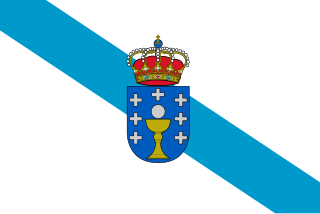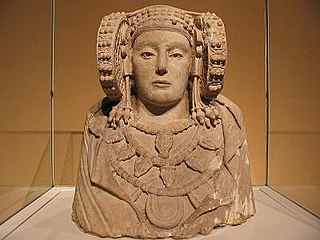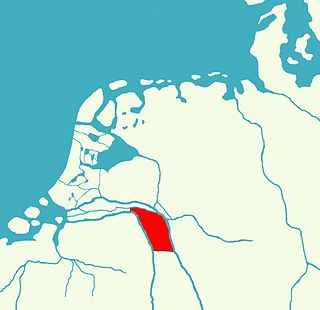The Poemani were an ancient Gallaecian Celtic tribe, living in the center-north of modern Galicia, in the Terra Chá's county. It seems attractive to view a possible comparing with a gaulish tribe in the Ardennes forest. It can consult usefully a work of reference: Auguste BAILLET(1858) 'Etude de la division des Gaules' in Bibliothèque de l'Ecole des Chartes on the site www.persee.fr

Gallaecia, also known as Hispania Gallaecia, was the name of a Roman province in the north-west of Hispania, approximately present-day Galicia, northern Portugal, Asturias and Leon and the later Suebic Kingdom of Gallaecia. The Roman cities included the port Cale (Porto), the governing centers Bracara Augusta (Braga), Lucus Augusti (Lugo) and Asturica Augusta (Astorga) and their administrative areas Conventus bracarensis, Conventus lucensis and Conventus asturicensis.

The Celts are an Indo-European ethnolinguistic group of Europe identified by their use of Celtic languages and cultural similarities. The history of pre-Celtic Europe and the exact relationship between ethnic, linguistic and cultural factors in the Celtic world remains uncertain and controversial. The exact geographic spread of the ancient Celts is disputed; in particular, the ways in which the Iron Age inhabitants of Great Britain and Ireland should be regarded as Celts have become a subject of controversy. According to one theory, the common root of the Celtic languages, the Proto-Celtic language, arose in the Late Bronze Age Urnfield culture of Central Europe, which flourished from around 1200 BC.

Galicia is an autonomous community of Spain and historic nationality under Spanish law. Located in the north-west of the Iberian Peninsula, it comprises the provinces of A Coruña, Lugo, Ourense and Pontevedra, being bordered by Portugal to the south, the Spanish autonomous communities of Castile and León and Asturias to the east, the Atlantic Ocean to the west, and the Cantabrian Sea to the north. It had a population of 2,718,525 in 2016 and has a total area of 29,574 km2 (11,419 sq mi). Galicia has over 1,660 km (1,030 mi) of coastline, including its offshore islands and islets, among them Cíes Islands, Ons, Sálvora, Cortegada, and—the largest and most populated—A Illa de Arousa.








